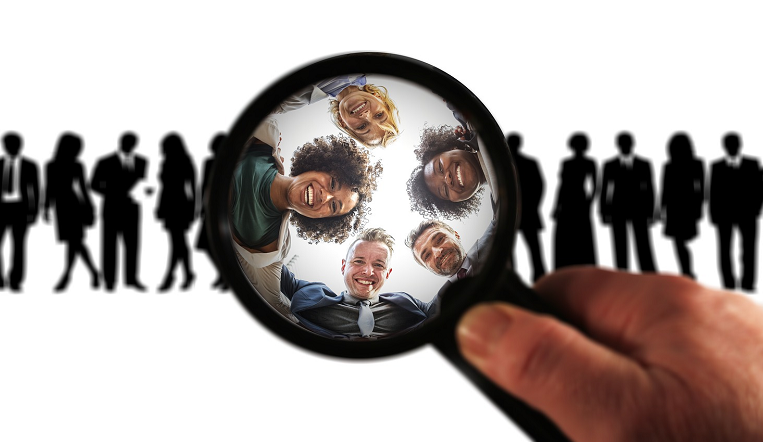Do-it-yourself laboratories democratize science
In the era of social media and online tutorials, do-it-yourself (DIY) projects are more popular than ever. This trend is making its way into community laboratories, providing opportunities for the public to “do science” in ways that were previously within the exclusive realm of highly credentialed scientists and shrouded in the mystery of peer-reviewed journals.
Cutting-edge science, like synthetic biology, can seem out of reach to many members of the public. Recognizing the increasing gap between the public and science, some scientists saw a possible link between that gap and distrust of science. DIY science labs emerged to address this problem by providing a space where the public can learn science by doing science.

DIY science labs democratize science by reducing barriers to entry into the field of scientific research. These labs often offer memberships to anyone, from amateurs and students to professionals and start-up biotech companies.
DIY science labs provide lab space and resources for individual or group projects, meetups for strengthening scientifically enthused communities, classes and workshops to engage the public on scientific techniques, and community outreach to keep young people interested and active in science. The Lab, a DIY lab in Los Angeles that styles itself a ”life science community lab,” even offers a Petri Paint workshop for anyone aged six or older.
But this isn’t just a grade-school science fair project for grownups. Many of these DIY labs have a focus on technologies as advanced as CRISPR, a new gene-editing breakthrough.
Many DIY labs are registered as 501(c)(3) non-profit organizations so any donations made are tax deductible. They may also be run completely by volunteer staff. In the effort to make science accessible to everyone, some DIY science labs offer heavily discounted memberships to students and others who lack the financial ability to pay full rates.
DIY science labs are able to keep their membership fees and direct costs low by procuring equipment through donations. Hivebio, a DIY lab in Seattle, Washington, has a posted wish list of equipment it has asked the public to help obtain. Most of the equipment is either donated or bought second hand from universities and research labs, or even on eBay.
Jordon Belfort in the Wolf of Wall Street said, “Wall Street loves to use confusing terms that make you think only they can do what they do.” But this kind of exclusion is not limited to finance and stock exchanges. Scientists often use expensive equipment that makes you think only professionally trained and amply funded professionals can do what they do. DIY science intends to change that.
– By Allison Wawro, project intern in the Center for Medical Ethics and Health Policy at Baylor College of Medicine




Pingback: CRISPR: A democratizing technology calls for democratic dialogue